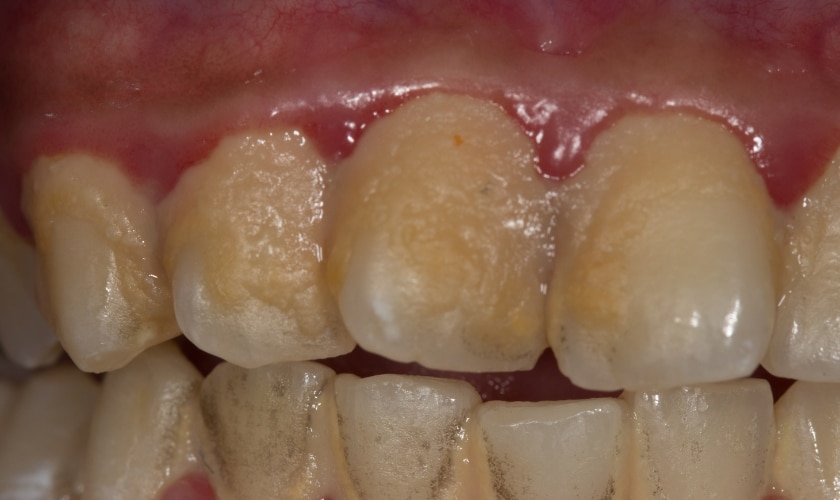The Science Behind Dental Plaque and How Cleanings Can Help
By :
Affordable Dentist | January 23, 2024
Maintaining good oral hygiene is crucial for overall health, and one of the key players in oral health is dental plaque. Understanding the science behind dental plaque can shed light on why regular cleanings are essential for a healthy smile.
What is a Dental Plaque?
Dental plaque is a sticky, colorless film of bacteria that constantly forms on our teeth. The bacteria in plaque produce acids that can lead to cavities and gum disease if not removed through proper oral hygiene practices.
The Formation Process
Plaques begin to form shortly after we consume food or drink. Bacteria in the mouth break down leftover particles, producing acids that, in turn, create a breeding ground for more bacteria. This cycle forms a biofilm, commonly known as dental plaque, which adheres to the tooth surface.
Composition of Dental Plaque
It is a complex community of microorganisms, including bacteria, viruses, and fungi. These microorganisms work together, creating an environment conducive to their growth and leading to the development of oral health issues.
Impact on Oral Health
Although it is a natural occurrence, its accumulation can have detrimental effects on oral health. The acids produced by bacteria can erode tooth enamel, leading to cavities. Additionally, plaque buildup along the gumline can cause inflammation and contribute to the development of gum disease.
The Role of Regular Cleanings in Maintaining Optimal Oral Health
Regular dental cleanings, also referred to as prophylaxis, are paramount in preserving a healthy smile and preventing oral health issues. Here's a detailed exploration of the crucial role these cleanings play:
Removal of Hardened Plaque (Tartar)
Dental cleanings address the buildup of tartar, a hardened form of plaque that normal brushing and flossing cannot eliminate. Tartar not only harbors harmful bacteria but also contributes significantly to oral health problems. By carefully removing tartar, dental professionals help prevent the progression of cavities and gum disease.
In-depth Cleaning
Dental hygienists utilize specialized tools to perform a comprehensive cleaning of the teeth. These tools can access areas that are challenging to reach with regular oral care practices. This ensures the thorough removal of plaque from all surfaces of the teeth, preventing potential issues in hard-to-reach areas.
Assessment of Oral Health
During a cleaning session, dentists conduct a thorough assessment of your oral health. This includes examining the teeth, gums, and surrounding tissues. By identifying potential issues early on, such as cavities, gum disease, or other oral health concerns, dental professionals enable timely intervention, preventing the escalation of problems.
Professional Guidance
Dental cleanings provide an opportunity for professionals to offer personalized guidance on oral hygiene practices. This guidance is tailored to an individual's specific needs and challenges. From recommending the right toothbrush and toothpaste to demonstrating proper brushing and flossing techniques, the guidance ensures that patients are equipped with the knowledge and tools needed to maintain optimal oral health between visits.
Prevention of Gum Disease
Regular cleanings are particularly effective in preventing gum disease, also known as periodontal disease. By removing plaque and tartar along the gumline, dental professionals reduce the risk of inflammation and infection. This proactive approach is vital in preserving the health of the gums, which are crucial for supporting and protecting the teeth.
The Importance of Consistency
Although regular cleanings are crucial, maintaining consistent oral hygiene practices at home is equally important. Brushing, flossing, and using mouthwash are integral components of a comprehensive oral care routine that complements professional cleanings.
Understanding the science behind dental plaque highlights the importance of proactive measures to maintain optimal oral health. Regular dental cleanings, combined with consistent at-home oral hygiene practices, form a powerful defense against the adverse effects of plaque. By staying informed and prioritizing oral health, individuals can enjoy a radiant smile and overall well-being.
In the ongoing journey towards a healthier life, dental cleanings emerge as a cornerstone, proving that science and preventive care go hand in hand. Take the first step towards a healthier smile today!


